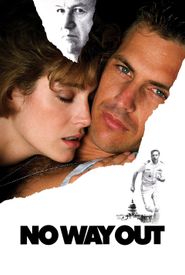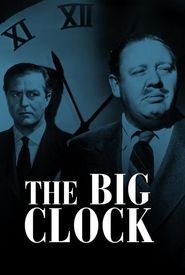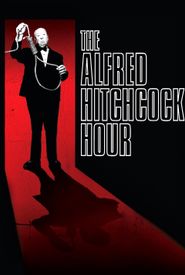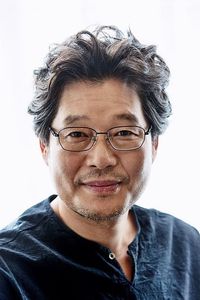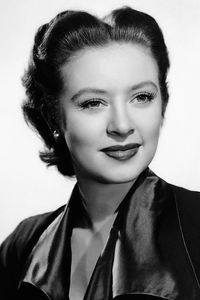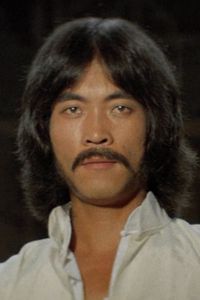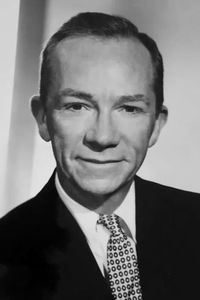Kenneth Fearing was a multifaceted American literary figure, renowned for his poetic prowess, novelistic endeavors, and influential role as the founding editor of the esteemed Partisan Review. Noted literary critic Macha Rosenthal aptly described him as "the chief poet of the American Depression".
Born in Oak Park, Illinois, Fearing was the son of Harry Lester Fearing, a successful Chicago attorney, and Olive Flexner Fearing. His parents' divorce when he was just a year old led to his upbringing primarily by his aunt, Eva Fearing Scholl. Fearing attended Oak Park and River Forest High School, where he served as editor of the student paper, a position previously held by the illustrious Ernest Hemingway.
Following his education at the University of Illinois in Urbana and the University of Wisconsin, Fearing relocated to New York City, where he embarked on a career as a poet and became actively involved in leftist politics. During the 1920s and 1930s, he regularly published his work in The New Yorker and played a pivotal role in establishing The Partisan Review. Concurrently, he worked as an editor, journalist, and speechwriter, and prolifically produced pulp fiction.
Some of Fearing's pulp fiction, often published under the pseudonym Kirk Wolff, was characterized by its soft-core pornography. A selection of his poems has been included in the Library of America's American Poets Project, while his complete poetic works, edited by Robert M. Ryley, were published by the National Poetry Foundation in 1994.
Throughout his career, Fearing published numerous collections of poetry, including Angel Arms (1929),Dead Reckoning (1938),Afternoon of a Pawnbroker and other poems (1943),Stranger at Coney Island and other poems (1948),and seven novels, including The Big Clock (1946).
In 1950, Fearing was subpoenaed by the U.S. Attorney in Washington, D.C., during which he famously replied, "Not yet," when asked if he was a member of the Communist Party.
Fearing's life came to a close in 1961, when he passed away at Lenox Hill Hospital in Manhattan due to complications from malignant melanoma.

